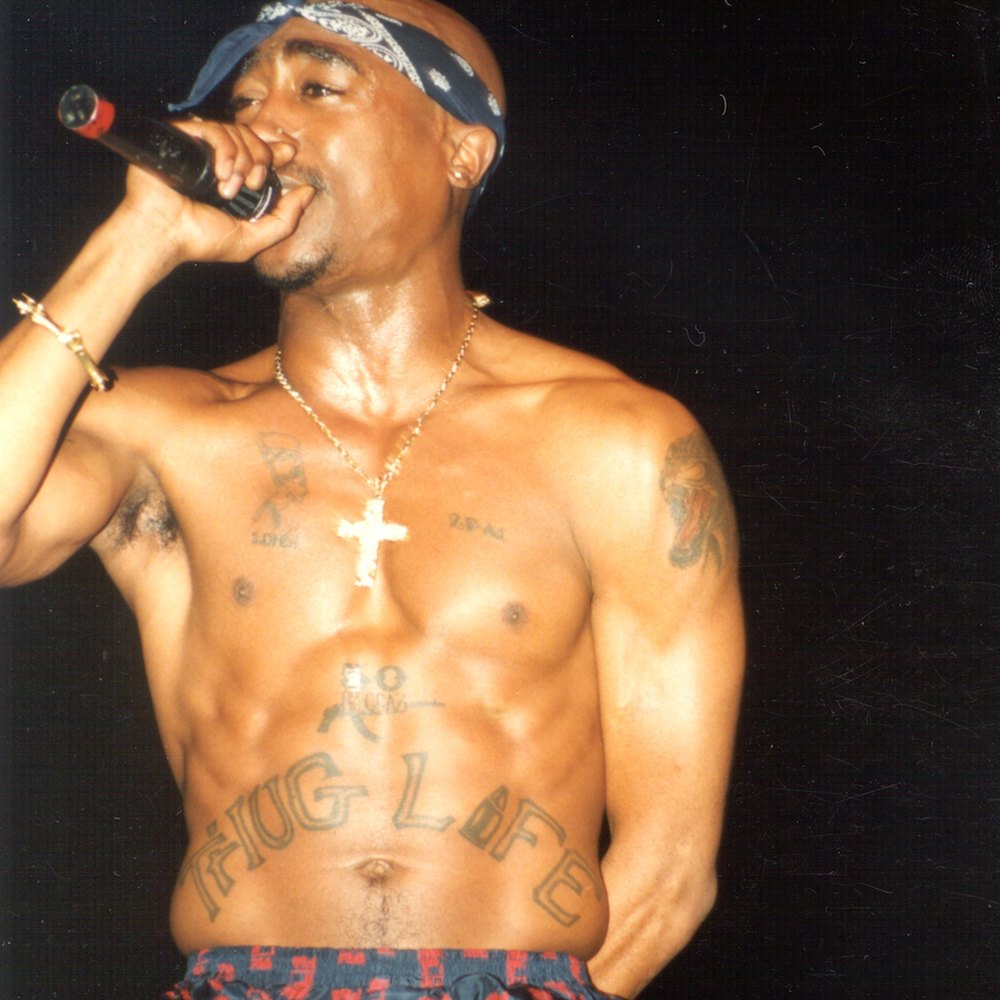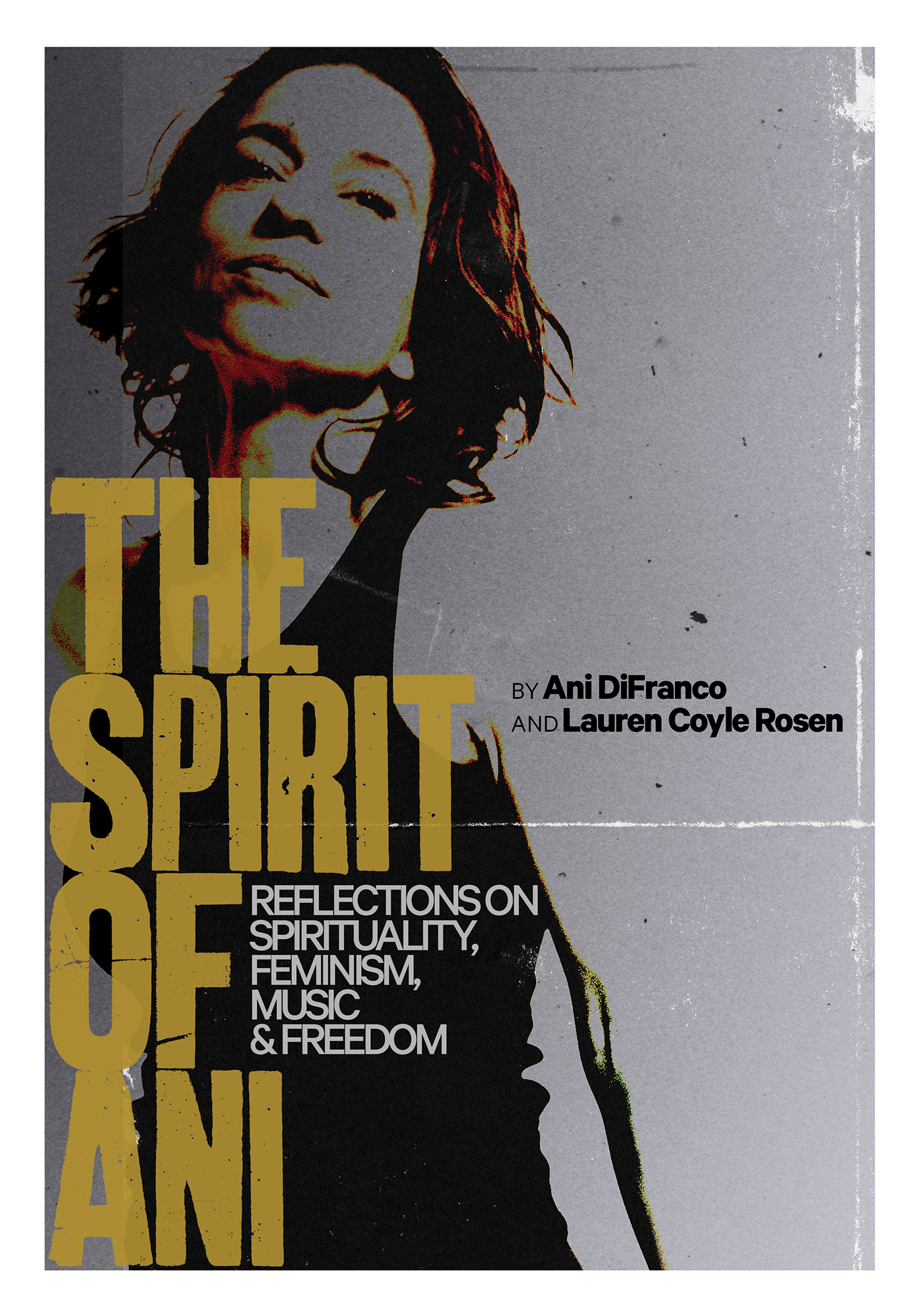Last week, Young Thug released a new song called "Power." The Atlanta rapper is ascendent -- as Tom Breihan noted in his Album Of The Week review, Young Thug's new Barter 6 makes a "full-on rap-star leap" -- but he's just one of many in the game to employ and embrace the word "thug." Some other recent examples: Last month, Kendrick Lamar was featured on fellow LA-area rapper Glasses Malone's single "Thuggin," and Ca$his released the single "Thug Boy." Limiting results to the past week, a SoundCloud search of "thug" reveals 372 uses in song titles or artists' monikers. It's far from a new trend; "thug" is a ubiquitous word in rap. Elsewhere, debate over whether "thug" has become "the new n-word" has ramped up, and died down, twice over the past year and a half.
In the wake of the Freddie Gray tragedy, which spurred riots in Baltimore, President Obama and Baltimore Mayor Stephanie Rawlings-Blake labeled some of the rioters thugs. In a heated interview with Fox News correspondent Megyn Kelly, Pastor Jamal Bryant, who gave the eulogy at Freddie Gray's funeral, proclaimed the president and the Baltimore mayor black-on-black criminals for their remarks. Rawlings-Blake later offered a more nuanced clarification via Twitter. Obama did not. Baltimore City Councilman Carl Stokes urged those who use the word thug to drop the euphemistic charade and just use the n-word in an interview with CNN's Erin Burnett. Anchors used thug in local news broadcasts all over the country. Think pieces popped up all over the internet equating thug with the n-word.
[videoembed size="full_width" alignment="center"][/videoembed]
Just over a year ago, the debate about thug as the new n-word combusted when Seattle Seahawks Cornerback Richard Sherman was labeled a thug in the media after his post-NFC Championship game interview with Fox Sports' Erin Andrews. "Thug" was spoken 625 times the day after the game, based on data pulled from closed captions. Sherman himself made connections between thug and the n-word. Then, too, think pieces followed, flooding the internet with the word, building on Sherman's train of thought.
All of that dialogue and thinking led to some great connections and most importantly started a conversation that was overdue. But I couldn't find a discussion that delved into its use in rap, where thug has long been most prevalent.
A quick perusal of the etymology of the word reveals its origins in the Sanskrit verb sthagati (meaning to conceal), from which the Hindi and Urdu word thag (meaning cheat, thief or swindler) was derived. The first printed allusion to a thug occurred in about 1356. The English word thug became a part of the language in the 1800s, defining the individual members of the "Thuggee Cult" of Indian assassins and criminals during Britain's imperial rule of India. Then consider America's British historical lineage and the ever-present racial implications since the nation's birth, and it is not difficult to imagine how thug has been saddled with such loaded connotations today. Those connotations are so black-owned and black-associated that powerHouse Books CEO Daniel Power caught flack for publishing the cookbook "Thug Kitchen," and was forced to defend himself and his company last year.
Similarly, thug has a decadent meaning in rap today. Pinpointing the first usage of thug in rap lyrics is damn near impossible, but perhaps the most famous early usage was Tupac Shakur's THUG LIFE tattoo, displayed proudly across his stomach.
[videoembed size="full_width" alignment="center"][/videoembed]
According to Shakur, THUG LIFE was an acronym that stood for "The Hate U Give Little Infants Fucks Everyone." In a 1994 interview with Abbie Kearse on MTV, Shakur gave an explanation of how he chose to utilize the word thug in the THUG LIFE movement he branded as "a new kind of black power." He told Kearse:
When I'm saying thug, I mean not a criminal, someone to beat you over the head. I mean the underdog, the person that nothing succeeds. He's a thug because he overcame all obstacles. That doesn't have anything to do with the dictionary's version of thug. To me, thug is my pride. Not being someone who goes against the law. Not being someone that takes. But being someone who has nothing, and that even though I have nothing and there is no home for me to go to. My head is up high. My chest is out. I walk tall. I talk loud. I'm being strong.
There was concerted thought and positive intention to affect change behind Shakur's words and actions. But Shakur was (and still is) a complex, enigmatic icon(oclast), and the acronym, the movement, and the explanation were controversial and contradictory. Shakur himself realized that his message could be misconstrued and misused. In the same interview with Kearse, expounding on his lyrics, Shakur said, "I live the thug life, baby I'm hopeless ... I'm doing it for the kid that really lives a thug life and feels like it's hopeless. So when I say hopeless, and I say it like that, I reach him, and even if when I reach him it makes it look glorious to the guy that doesn't live that life. I mean I can't help it. It's a fad. He'll drop the thug life soon enough."
[videoembed size="full_width" alignment="center"][/videoembed]
Oh, if it had only been a fad. Thug is now inextricably embedded in rap, and has been for quite some time. Just off the top of my head, I can come up with plenty of examples: Bone Thugs-N-Harmony (who made "Thug Love" and "Notorious Thugs"); Trick Daddy's seven albums including Thug in the title; Kool G Rap's "Thug For Life" and "Thug Chronicles"; Jeezy's Thug Motivation trilogy; Houston's Slim Thug; YG's "I'm A Thug"; and the aforementioned Young Thug. A search for "thug" on Spotify yields over 100 artists with the word in their moniker. Genius (formerly Rap Genius) retrieves 14,660 results for "thug" in lyrics, songs, and artist names. Here a thug, there a thug, everywhere a thug thug.
With the exception of Bone Thugs-N-Harmony -- who could disputably be lumped into the unofficial subgenre of conscious rap -- thug is present simply because of the cool factor it possesses, and cool sells records. Artists no longer provide commentary on the word like Shakur. The images in most of the aforementioned allusions actually show thugs as something to aspire to, even as they are largely vilified in society. Trick Daddy's "I'm A Thug," off of 2001's Thugs Are Us, is particularly egregious as there are children singing "this is the life for me" on the hook (specifically black children in the video). But the vast majority of the mentions put thugs on a pedestal in their own way, mostly with the trite mainstream rap images of conspicuous consumption galore and fictional violence.
These images, both spoken and visual, reach millions of people. Just looking at official album sales of the references I listed above (disregarding mixtape downloads, streaming services, YouTube views, and social media likes), the albums moved over 17 million units according to RIAA certifications.
Is there a direct causality between rappers using thug and Richard Sherman or the rioters of Baltimore being labeled thugs? No. It is highly unlikely that Mayor Rawlings-Blake, President Obama, or any members of the media listened to a Young Thug song and because of that, chose to use the word in another capacity. Was it rap that made me contemplate whether or not a white woman crossed the street to avoid me, with my nappy flat top and Jordan VII Retros, coming home from the NYU campus late one night? No. (Retrospectively, maybe.)
[videoembed size="full_width" alignment="center"][/videoembed]
At the very least, the presence of thug in rap keeps the word in the public's consciousness and self-assigned to black males. Rappers are not the sole group to represent black people in America, but rap is unequivocally the most popular representation of black people and black culture worldwide. It is easy to find examples where it is acceptable, even complimentary, to call black men thugs because there are black men broadcasting themselves as such to anyone and everyone who will listen.
This is not to condone the mayor, the president, the media, or any other person who uses thug to identify black males. There are countless factors in America's foundation that marginalize black males so that they feel resorting to crime is the only way to make a decent living (factors that are far too vast to be covered in this essay). Thus, rappers have something important to rap about (though execution is lacking in many cases). Placing blame is futile. The conversation far too nuanced. But neither side is publicly contributing much of anything positive to the dialogue.
A good place to start is removing the word from all vocabularies*, forcing us to think of a more accurate noun, and think more in general about black male identity in America. To varying degrees, we are all complicit in their degradation.
*In this essay, I use the word "thug" 67 times. I offer my sincerest apologies for contributing to its use.






